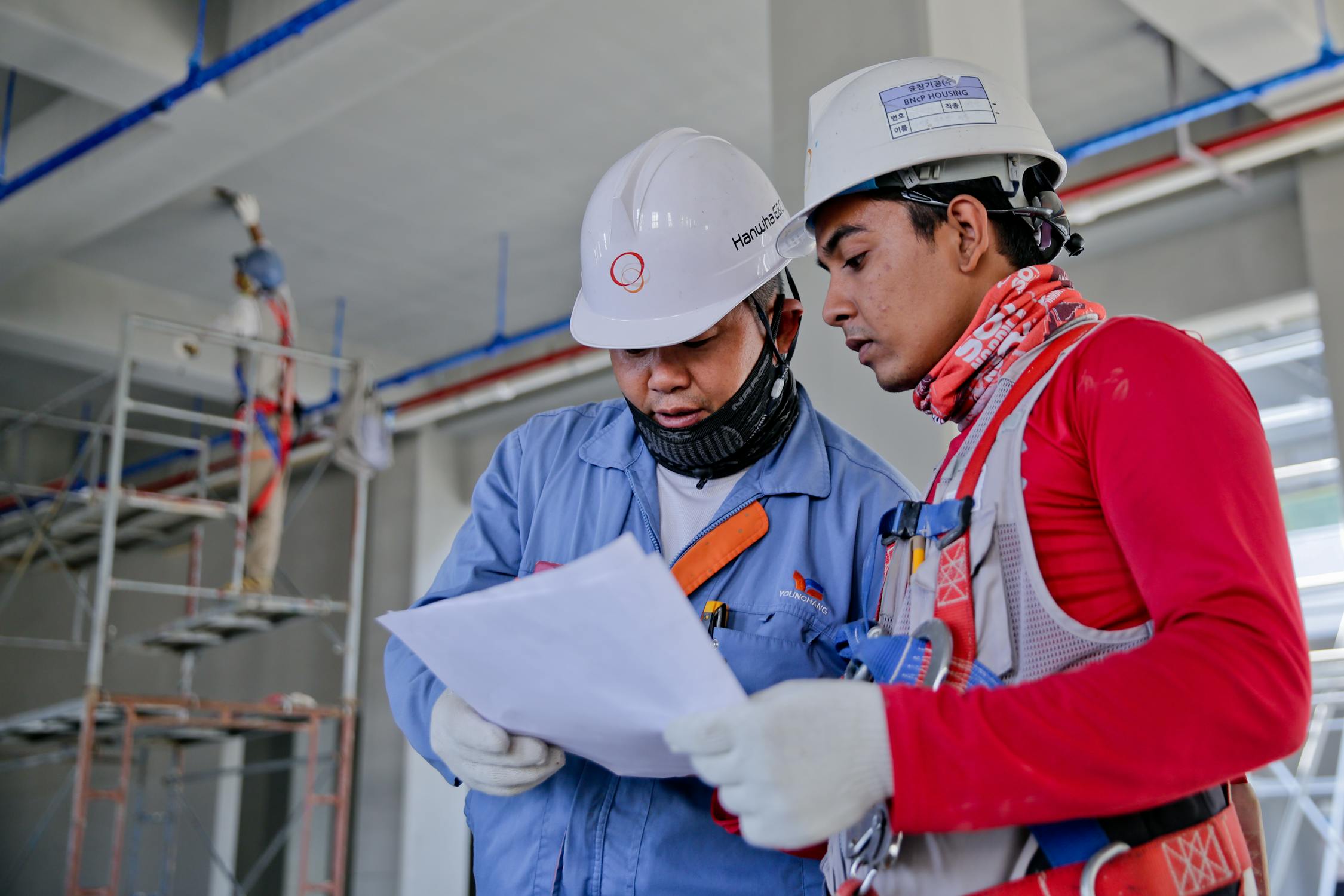AI in Construction: Beyond the Hype

AI in Construction: Beyond the Hype
Artificial Intelligence has become a buzzword across industries, and construction is no exception. But what's actually possible with AI in the built environment today, and what remains future potential?
The Current State of AI in Construction
Despite the excitement, it's important to understand where AI applications in construction actually stand:
What's Working Today
Several AI applications are already delivering value in construction:
1. Computer Vision for Safety and Progress Monitoring
AI-powered computer vision systems can:
- Identify safety violations on construction sites
- Track construction progress against plans
- Monitor material usage and wastage
- Detect quality issues in real-time
2. Predictive Analytics for Project Management
Machine learning models are helping project managers:
- Predict potential schedule delays
- Identify cost overruns before they happen
- Optimize resource allocation
- Assess risk factors across projects
3. BIM and Digital Twin Enhancement
AI is making Building Information Modeling more powerful:
- Automatically checking models for errors and clashes
- Suggesting design optimizations for energy efficiency
- Creating more realistic simulations of building performance
- Enabling generative design capabilities
Common Misconceptions
Despite these advances, several misconceptions persist:
Myth 1: AI Will Replace Human Workers
Reality: The most effective AI applications augment human capabilities rather than replace them. AI handles repetitive, data-intensive tasks, freeing humans for judgment-based decision making.
Myth 2: AI Implementation is "Plug and Play"
Reality: Successful AI deployment requires:
- Clean, structured data (often lacking in construction)
- Integration with existing workflows
- User training and change management
- Continuous refinement and improvement
Myth 3: All AI Solutions Are Equal
Reality: There's significant variation in the quality and capabilities of AI solutions. Companies should:
- Request proof of accuracy and performance metrics
- Start with specific, well-defined use cases
- Prioritize solutions that integrate with existing systems
- Consider data privacy and security implications
The Near Future: What's Coming Next
While not yet mainstream, these applications are on the horizon:
1. Autonomous Construction Equipment
Semi-autonomous equipment is beginning to appear on construction sites, with capabilities for:
- Site preparation and earthmoving
- Material delivery and positioning
- Repetitive tasks like bricklaying
- Quality control inspection
2. Advanced Natural Language Processing for Documentation
NLP is beginning to transform document handling:
- Automatic extraction of critical information from contracts
- Identifying discrepancies between specifications and plans
- Automating compliance checking against building codes
- Generating comprehensive project documentation
Implementation Roadmap
For organizations looking to implement AI in construction:
-
Start with Data Fundamentals
- Assess data quality and availability
- Implement data collection and standardization
- Consider a data governance framework
-
Identify Specific Pain Points
- Focus on measurable business outcomes
- Prioritize high-impact, achievable use cases
- Set clear success criteria
-
Pilot and Evaluate
- Begin with limited-scope implementations
- Measure results against conventional approaches
- Gather user feedback and iterate
-
Scale Thoughtfully
- Document lessons learned from pilots
- Develop training for broader deployment
- Create centers of excellence to share knowledge
Conclusion
AI in construction is neither a panacea nor mere hype—it's a powerful set of tools that, when applied thoughtfully to specific problems, can drive significant improvements in efficiency, safety, and quality.
By focusing on practical applications with measurable outcomes, rather than chasing the latest buzzwords, construction firms can realize genuine value from AI today while positioning themselves for more advanced applications in the future.
Related Insights
Category
Artificial IntelligenceSubscribe to Our Newsletter
Stay up to date with the latest insights, trends, and best practices in real estate technology.